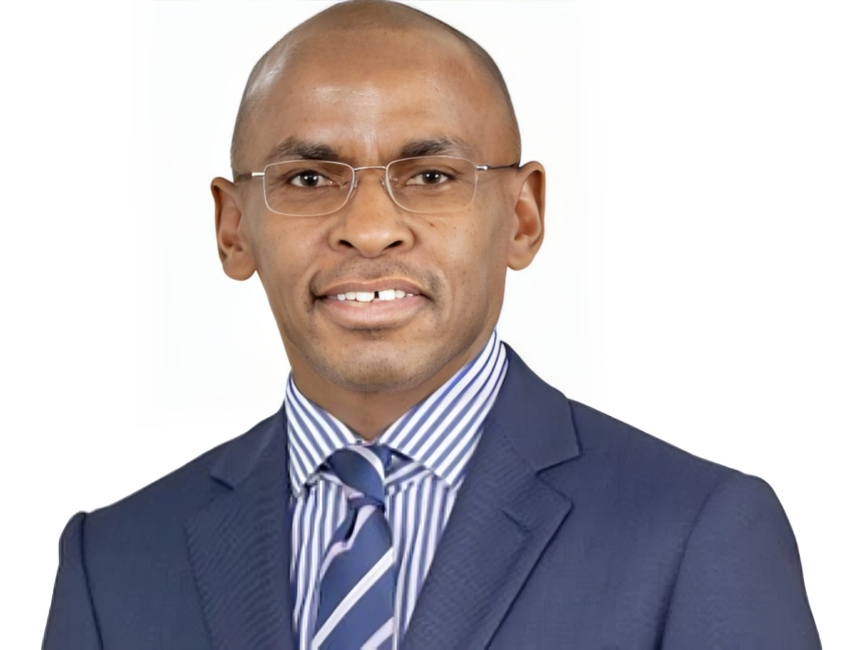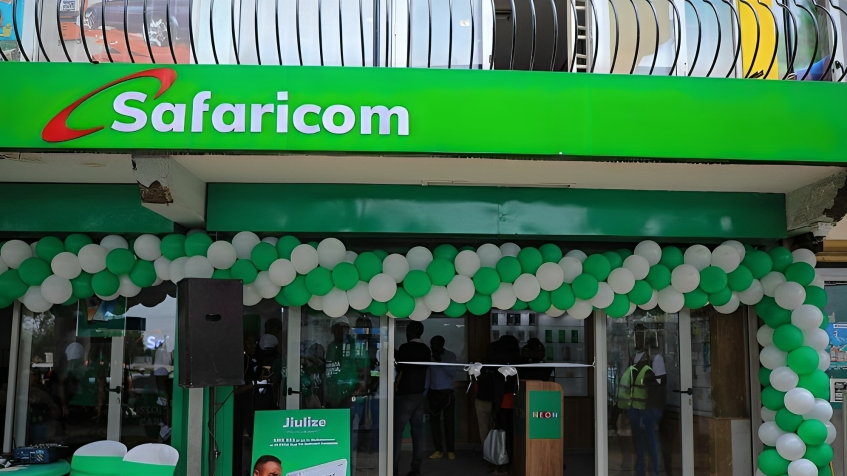At a Glance
- Safaricom’s market cap surged by $1.17 billion in 2024 to $4.72 billion, cementing its spot as East Africa’s most valuable company.
- CEO Peter Ndegwa cites tough macroeconomic conditions in Kenya and Ethiopia, with H1 FY2025 profit dropping 63% to $77.2 million.
- Safaricom’s M-PESA platform leads with 33 million users, supporting a combined customer base of 49 million across Kenya and Ethiopia.
Despite a modest 10 percent increase in its share price this year, Safaricom Group has solidified its position as the most valuable company in Kenya and the East African region. Its market capitalization surged by $1.17 billion to $4.72 billion, reaffirming its dominance amid a competitive regional landscape.
The telecom giant’s stockon the Nairobi Securities Exchange (NSE) climbed from Ksh13.85 ($0.0884) on January 1 to Ksh15.25 ($0.118) as of December 3, 2024. The gains were bolstered by the Kenyan shilling’s appreciation against the U.S. dollar, further elevating Safaricom’s market value from Ksh554.9 billion ($3.54 billion) to Ksh611 billion ($4.72 billion).

With a market capitalization of $4.72 billion, Safaricom ranks among Africa’s top 30 most valuable companies, alongside Nigerian cement titan Dangote Cement ($4.8 billion) and Egyptian banking leader Commercial International Bank ($5 billion).
Expanding influence under Peter Ndegwa
Since Peter Ndegwa assumed the role of CEO in April 2020, Safaricom has cemented its stature as a key player among Africa’s largest companies, with annual revenues exceeding $1 billion.

The telecom giant operates in Kenya and Ethiopia through Safaricom Telecommunications Ethiopia Limited, launched in July 2021, serving a combined customer base of 49 million. Notably, over 33 million people use its flagship mobile money platform, M-PESA.
Safaricom’s infrastructure includes over 6,500 towers in Kenya and 2,806 active 2G/3G/4G base stations in Ethiopia, showcasing its commitment to expanding connectivity and digital services across the region.
Mixed financial performance in FY2025
The company’s rise in market capitalization contrasts with mixed financial results for the first half of its 2025 fiscal year. Total revenue grew from Ksh159.1 billion ($1.22 billion) to Ksh179.9 billion ($1.4 billion), driven by voice, handset, and diversified revenue streams. However, profit after tax dropped sharply from Ksh27.2 billion ($210 million) to Ksh10 billion ($77.2 million).
Safaricom’s financial position also weakened, with total assets declining from Ksh641.2 billion ($4.95 billion) in March 2024 to Ksh483.1 billion ($3.73 billion) by September 2024. Shareholders’ equity experienced a significant drop, falling from Ksh335.7 billion ($2.6 billion) to Ksh189.6 billion ($1.46 billion).
CEO remarks amid challenges
Safaricom’s performance reinforces its role as a cornerstone of Kenya’s economy and a leader in East Africa. While navigating headwinds, strategic focus on connectivity, innovation, and customer value positions it to maintain its market leadership and drive growth in the region.
Peter Ndegwa acknowledged the challenges in the business environment, stating:
“We operated under an extremely difficult period in both Kenya and Ethiopia, leading to accelerated pressure on our customers’ spending power.”
“This pressure is largely driven by global and local macroeconomic factors and political and social upheaval exerting pressure on consumer wallets. Despite these challenges, I am encouraged by the resilience and commitment displayed by my colleagues who were able to deliver for our customers while maintaining shareholder value.”

Looking ahead, Ndegwa expressed optimism about Safaricom’s performance, emphasizing the company’s commitment to “Transforming Lives” as part of its new five-year vision.





